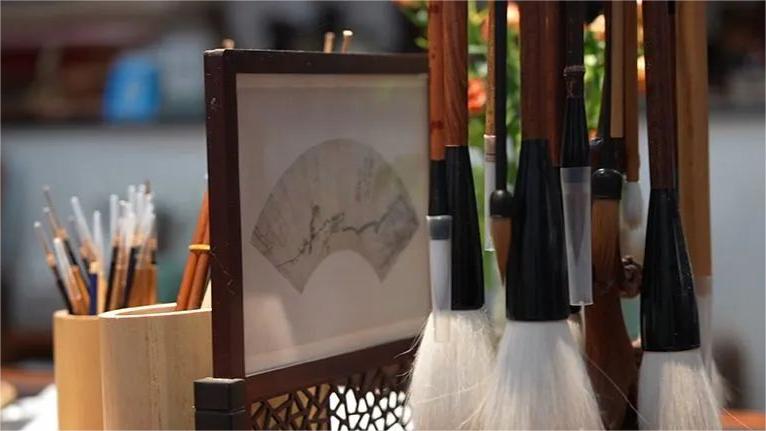Xi: Education bridges key to China-US ties
President Xi Jinping has said that China-United States education exchanges and cooperation help promote mutual understanding and friendship between the people of the two countries, especially the youths, and this is a project for the future development of bilateral relations.
He made the remark in a recent reply letter to Lamont Repollet, president of Kean University in the US state of New Jersey, adding that China-US ties have a great bearing on the well-being of the two peoples as well as on the future of humanity.
In May 2006, under the care and facilitation of Xi, who was then secretary of the Communist Party of China Zhejiang Provincial Committee, Wenzhou University and Kean University formally signed an agreement to jointly establish Wenzhou-Kean University in the province.
In 2014, with the approval of the Ministry of Education, the new university was officially established.
Currently, Wenzhou-Kean University has about 4,500 students across its undergraduate, master's and doctoral programs, and over 3,300 have earned their undergraduate degrees over the past eight years.
Repollet recently wrote a letter to Xi, introducing the progress and achievements made in China-US education cooperation.
He also voiced his readiness to actively respond to Xi's initiative to help more young people from the US to come to China for exchanges and study, and promote further communication between the younger generations of the two countries.
In his reply, Xi praised Repollet's pledge to deepen education cooperation between the two countries and encourage more US students to come to China for exchanges and study.
Recalling that he witnessed the signing ceremony for the two institutions' cooperation at Kean University in 2006, Xi wrote in his letter, "With the joint efforts of both sides, Wenzhou-Kean University has achieved remarkable results in its operation, and has become a hallmark program of China-US education cooperation, which is gratifying."
It is hoped that universities of the two countries "will strengthen exchanges and cooperation in various forms, cultivate young ambassadors who know both China and the US well, and build more bridges to boost China-US friendship", he added.
Xi also welcomed Repollet and other members of the US education community to make more visits to China, and asked Repollet to convey his greetings to Dawood Farahi, former president of Kean University.
Currently, Wenzhou-Kean University, Tianjin Juilliard School and Schwarzman College at Tsinghua University are among the signature programs of China-US education cooperation.
Observers noted that China-US cooperation in education has seen marked progress in areas ranging from student and academic exchanges to jointly running schools and collaborating on research.
Chinese Ambassador to the US Xie Feng said in a speech this year that the two countries "have established an all-dimensional, multitiered and all-sectoral education cooperation framework, nurturing mutual understanding and friendship between the two peoples".
As part of the thriving China-US education exchanges and cooperation, there were nearly 290,000 Chinese studying in the US as of January, accounting for about one-third of the total number of international students in the US, according to the Foreign Ministry.
To further boost mutual understanding among young people, President Xi proposed an ambitious program in November in San Francisco to invite a total of 50,000 young people from the US to visit China for exchanges over the following five years.
Da Wei, a professor and director of the Center for International Security and Strategy at Tsinghua University, recalled his recent visit to the US, noting that he always heard voices welcoming China-US people-to-people exchanges.
"There is actually no shortage of rational and moderate voices within the US. There is still great room for China to bolster cultural exchanges between the two countries," he said.
Despite some doubts and prejudices against China, the so-called "China threat" is not the primary concern of the majority of the general public in the US, he added.
Photos
Related Stories
- Xi congratulates Tomasdottir on election as president of Iceland
- Nations urged to jointly uphold global security
- Xi says education exchanges matter to future of China-U.S. ties
- Heads of state of China, Kyrgyzstan, Uzbekistan congratulate signing of intergovernmental agreement on railway project
- Xi commends next leaders of Mexico and Iceland
Copyright © 2024 People's Daily Online. All Rights Reserved.









